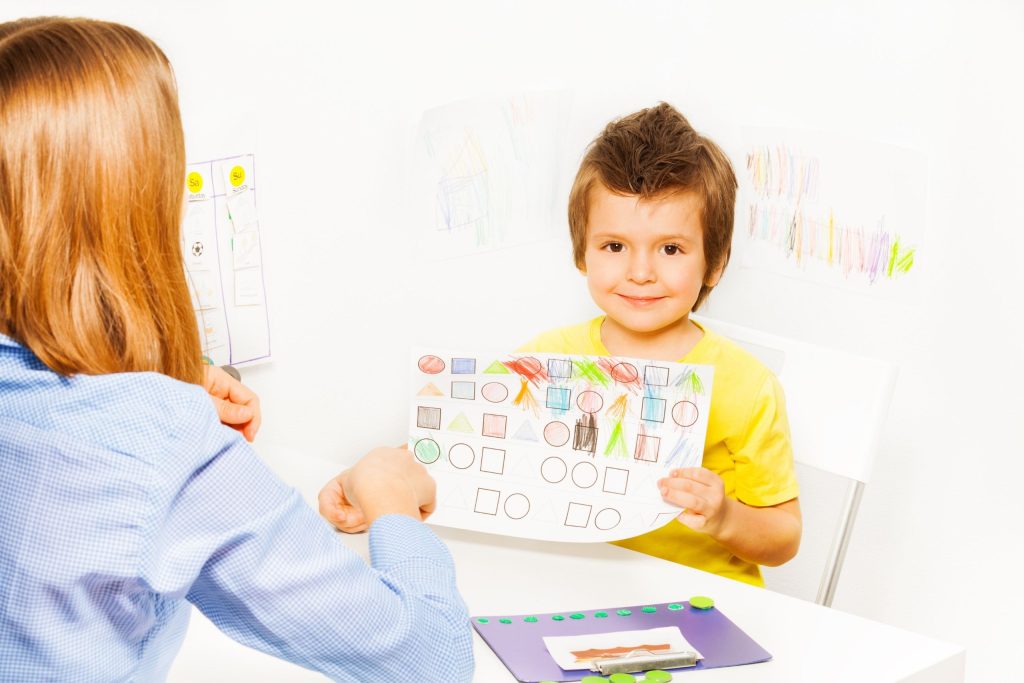Preschool is a crucial stage in a child’s development, serving as the cornerstone for their future academic success and overall well-being. Effective preschool programs are built upon three fundamental pillars: play, learning, and growth. These pillars not only provide a holistic approach to early childhood education but also foster a positive and nurturing environment that sets the stage for a child’s lifelong learning journey. Play is the primary vehicle through which young children explore the world around them. It is not merely a recreational activity but a vital component of their cognitive, emotional, and social development. In the preschool setting, play takes various forms, from imaginative play to hands-on activities. Play allows children to engage their senses, enhance their motor skills, and develop problem-solving abilities. Moreover, it nurtures creativity, curiosity, and a love for learning, creating a solid foundation for future academic pursuits. Learning, in the context of effective preschool programs, goes beyond traditional academic subjects. It encompasses a broad spectrum of experiences that encourage intellectual, emotional, and social growth.

Early exposure to letters, numbers, and basic concepts lays the groundwork for academic readiness and Go to website. However, equally important is the emphasis on social skills, emotional intelligence, and communication. Through carefully crafted curriculum and interactive activities, preschool programs cultivate a love for learning while fostering essential skills that go beyond the confines of textbooks. As children engage in play and structured learning activities, they naturally experience growth on multiple levels. Physical growth is evident as they develop fine and gross motor skills through activities such as drawing, building, and outdoor play. Cognitive growth is stimulated through exposure to new ideas, problem-solving challenges, and age-appropriate academic concepts. Equally crucial is the social and emotional growth facilitated by interaction with peers and teachers. Preschool programs lay the groundwork for positive relationships, effective communication, and the development of a strong sense of self.
The synergy between play, learning, and growth creates a dynamic educational environment that caters to the diverse needs of young learners. Skilled educators play a pivotal role in orchestrating this harmonious blend. They serve as facilitators, guiding children through play-based activities, introducing age-appropriate academic content, and observing and nurturing individual growth milestones. Furthermore, effective preschool programs recognize the importance of parental involvement, creating a collaborative partnership between educators and families to support a child’s holistic development. In conclusion, the foundations of effective preschool programs rest on the pillars of play, learn, and grow. By prioritizing these elements, educators create an environment that not only prepares children for future academic success but also instills a love for learning, social skills, and emotional resilience. The early years are a critical period in shaping a child’s trajectory, and preschool programs that embrace these foundations lay the groundwork for a lifetime of curiosity, achievement, and personal growth.



